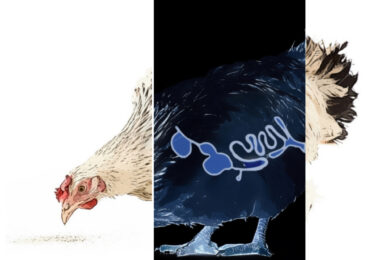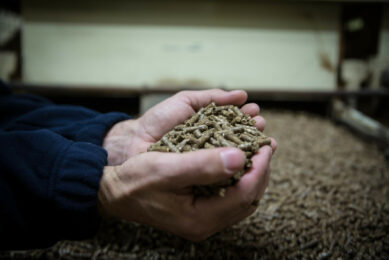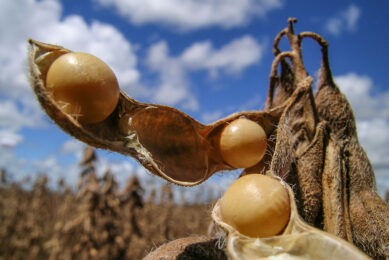Canola sector working to resolve US blockages
Efforts between Canada’s oilseed processors and the US Food and Drug Administration (FDA) to resolve canola meal blockages remain ongoing, industry officials said.
Some of Canada’s largest canola processors, including Bunge, ADM, Cargill and Viterra have seen their canola meal shipments blocked at the US border where officials cite the presence of salmonella bacteria.
The Canadian Oilseed Processors Association (COPA) is working with the FDA to resolve this issue on behalf of the industry, a Viterra spokesman said.
The latest oilseed plant in Canada to have shipping restrictions placed on it is ADM’s facility at Windsor, Ontario.
All of the Canadian oilseed processors mentioned at some point have had samples of canola meal that came back positive for salmonella bacteria in routine samples taken by the FDA.
Numerous shipments from the various processors have been rejected since April 2009, according to information provided by a FDA import refusal report.
When the FDA has a product sample that comes back positive for salmonella, future shipments of that product from that particular manufacturer are subject to detention when they enter the US.
The detention of that product will continue for each subsequent shipment until the firm in question has shown to the FDA that it has controlled the problem.
Reduction of paper work
Included in the process is the submission of that firm’s information and the steps which were taken to correct the problem that led to the detention.
Once the firms have proved to the FDA that the issue has been resolved, the detentions on the product’s entry from that particular company into the US will be lifted.
As part of the short-term work, efforts were underway to reduce the amount of paperwork involved in the process, the Canola council of Canada said.
Efforts to improve the amount of time the FDA will hold onto a rail car or truck when it takes samples was also being considered.
When the FDA holds a cargo for sampling, the process can take up to 30 days.











